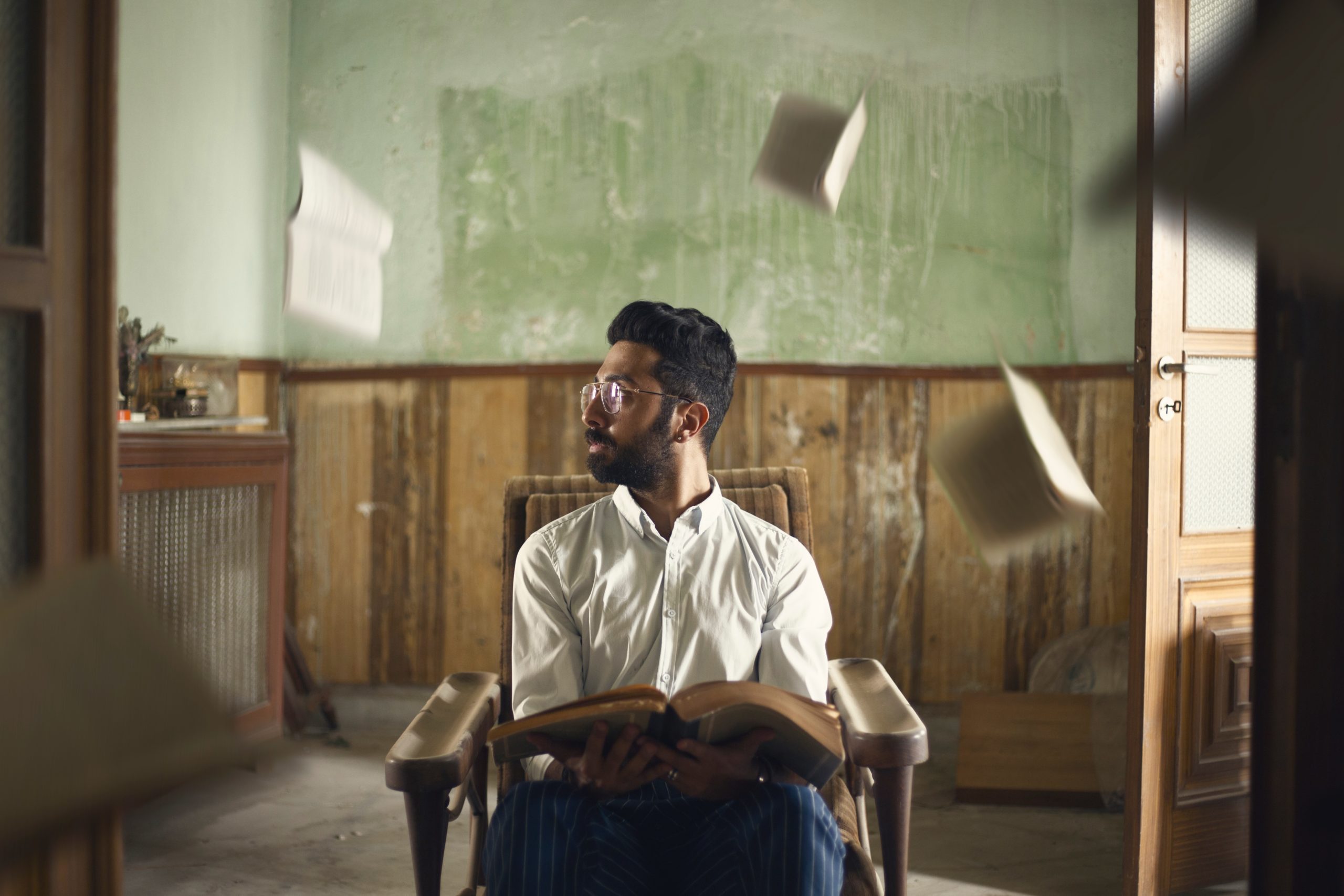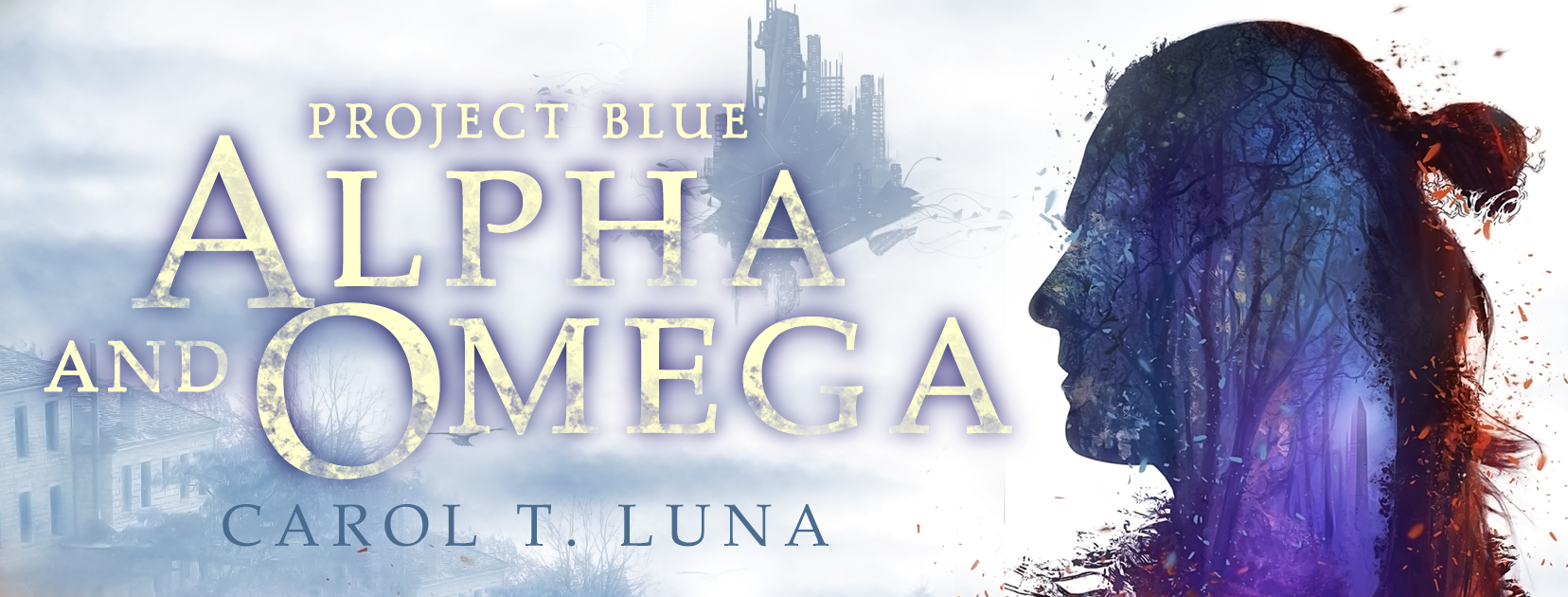DISCLAIMER: Yes, this post contains my opinions AND SPOILERS for Spiderman: Far from Home. READER DISCRETION IS ADVISED.
As a writer, I can admit story structure as one of my biggest weak points. I could read a million plot device how-to’s, do another million writing exercises, but once I dive deep into the nitty gritty, get enveloped in my own world, the how-to’s might as well become what-do’s. A plot twist is a device my brain rarely gravitates to — a strange notion considering I love books that throw me in for a loop — even more when I don’t see it coming.
But a plethora of sound writing advice exists, pointing out plot twists aren’t necessary: that they should exist only to enrich a story rather than to exist for the sake of existing. I’ve pondered this plenty, and while I agree, it’s difficult to inter without a good example.
Enter Spiderman: Far from Home.

Yes, a movie.
A book tells a story; a movie tells a story. And it’s a fair comparison because though this movie has a supposed twist, most Marvel fans already knew what awaited them before they even punched their tickets: Mysterio was the main villain of the movie, given his history in the original comic books. Even people unfamiliar with the plot got wind of the twist well before it happened since the “boss” died way too early.
And yet the movie got positive reviews.
How?
Yes, because of the excellent casting. The witty lines, the humor they weaved in between. More importantly though, the movie told a compelling enough story to entertain millions. One that felt mostly closed and tight.
So I pinpointed three reasons why the movie succeeded:
1. It presents expectations AND meets them.
Movies are an interesting medium for many reasons. One because their tools for publicity is as much a tool for marketing as it is for setting the movie. Books get a cover, maybe a good blurb but the thing on the back of the book doesn’t tell you much other than the plot. But for a few minutes of your time, a trailer tells you lots of things: that it’s coming soon, that it looks enticing, and it gives you a taste of the ride you’d experience should you sit in for the full viewing.
And that triggers tons of expectations.
For me, a Marvel movie promises me a few things before I even buy a ticket: a spotlight on a certain hero beating the snot out of a bad guy. In most cases, a traditional hero’s journey revolving around the personal crisis of a character. Spiderman is no different. I expect a wise-cracking Peter Parker being thrust into a conflict and triumphing. Watching the trailer, knowing he doesn’t want to be embroiled in it and yet dragged into it: perfect.
And the movie meets my expectations. Peter Parker’s plans go awry in all sorts of funny ways. He goes through many fail-try cycles on his quest to confess his feelings to Mary Jane. And of course, he saves the day and gets the girl. (Bonus: he has his worst fears become realized by the end of the after credits scene. Now that is how these writers really raise the stakes!)
2. It Asks Questions AND Gives Answers
Time is precious and it’s no different in a movie. As soon as the corny obligatory eulogies are given about the fallen and retired Avengers, Far from Home jumps straight into Peter’s main internal conflict of the movie: winning the heart of MJ.
And to be fair, it does exactly this, just like I said before. Except there are also more story questions that are not resolved in this movie: what happens to the Avengers now? How will Peter deal with the passing of Tony Stark: a man who became something like a father figure? This is where the movie honestly fell a little short to me: while the future of the Avengers will obviously be left to another movie, the arc of Peter’s acceptance of Iron Man’s passing has only been touched upon compared to the MJ arc. He never really finds a way to deal so much as a way to one, try to replace him, and two, distract himself. Don’t get me wrong, I think E.D.I.T.H., the AI-paired glasses, is awesome and a great symbol of Stark’s legacy, but given the powerful, emotional opening with Whitney Houston’s I Will Always Love You, Parker’s anxiety attack during the fundraiser: I expected a better resolution with his internal struggle on how he would carry on after the superhero’s death. It may be addressed in a future movie, but that is something that may be resolved through small time cameos in other movies, much like how T’challa had his change of heart in Civil War leading up to Black Panther. It’s a shame because it would be a big thing for Peter’s character development: which is arguably the weakest point of his second movie.
3. Well Placed and Paced Plot Devices
Marvel movies are amazing at planting Chekov’s Guns: take a look at the long con of Captain America finally wielding Mjolnir in Endgame. Far from Home is no different.
E.D.I.T.H., though featured on Stark’s face in other movies, is now front and center. Her significance is obvious: an heirloom from a superhero long gone, her powers vast and relatively unknown, passed down by Nick Fury himself. As a plot device, E.D.I.T.H. is both the holy grail and an object symbolizing Stark himself. Her abilities are revealed in a hilarious bus sequence where Parker accidentally tries to kill Brad, his obnoxious rival in love. Her true capabilities though, are utilized by the antagonist, Mysterio: which increased the stakes tenfold for our hero. Three times is the charm.
On the weaker side of plot devices though, in my honest opinion, is Parker’s Spidey-Sense, or the Peter-Tingle. For the power that was ultimately key in defeating the main antagonist, it didn’t really receive a lot of attention. Sure, it was featured three times, or rather, the lack of it was featured three times: when Aunt May threw a banana and it landed; when he finally did detect the fake construction site, too little too late; and of course, who can forget when he got hit by a train? And yet you could logically explain all of those situations away: that Peter was deep in thought about taking his suit to Italy because he was conflicted about being kid versus an Avenger without Tony; that he was too distraught with his mistakes and helplessness that he noticed too late that he was in a false base; that he was too overwhelmed mentally and emotionally in the illusion world to realize an oncoming train was about to hit him. What’s worse is that this key tool, though a known power of Spiderman, doesn’t even get its own trial. The key question of “why did the spidey-sense go awry” just disappears in a single costume-building montage. After all those failures, the only thing Peter Parker had to do was to flip a mental switch and BAM, dark soul of the night conquered, villain defeated, resolution full speed ahead.
Talk about a cop out.
Now you can argue there were time constraints (Far From Home was four minutes shorter than Homecoming, clocking in at 2 hours and 9 minutes) but it wouldn’t take much longer to acknowledge a solution to the unspoken problem. Instead we only get a reveal that the spidey-sense was not actually working (though it conveniently was several times) during Peter’s most vulnerable scene with ‘Happy’ Hogan, before we are served a resolution to simply do “better.” It would have meant more if Peter sat down and thought about what really clouded his mental capacities and not just the key conflicts the entire movie revolved around. And blind fighting? Honestly the ability felt like such a deus ex, though they had talked about it, though it was obvious from the reintroduction of B.A.R.F., that the climax fell short. It was an “of course” moment more than anything of real significance. In fact, I enjoyed watching Peter trying to circumvent a wall of atmosphere-proof space drones more than his final show down with the big boss.
But that is only a quibble.
All in all, I find Spiderman: Far From Home to be a fun movie. It checks most of my boxes, the CGI was great (save for the horde of play-dough Spidey clones), and it was an enjoyable journey through this middle segment of Peter Parker’s arc. I do think a bunch of things could have been improved and the pacing could have been better tweaked, but hey, if this movie can be entertaining without a twist, then there’s no reason why every plot needs one.
It just needs to be a good story.
So how about you? Do you have a good example of an enjoyable story that doesn’t contain a plot twist? Share it in the comments below!













